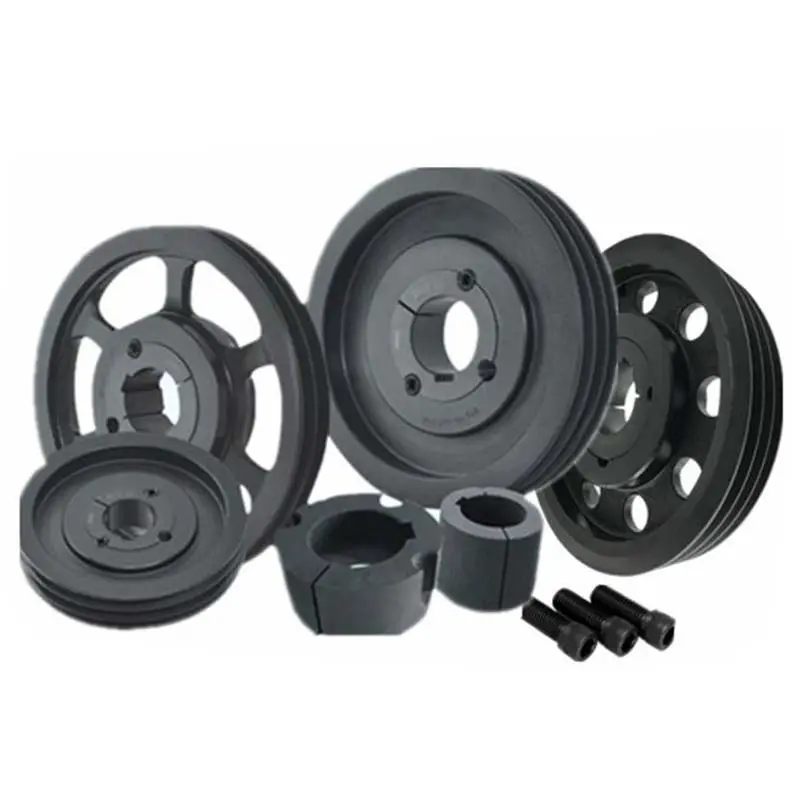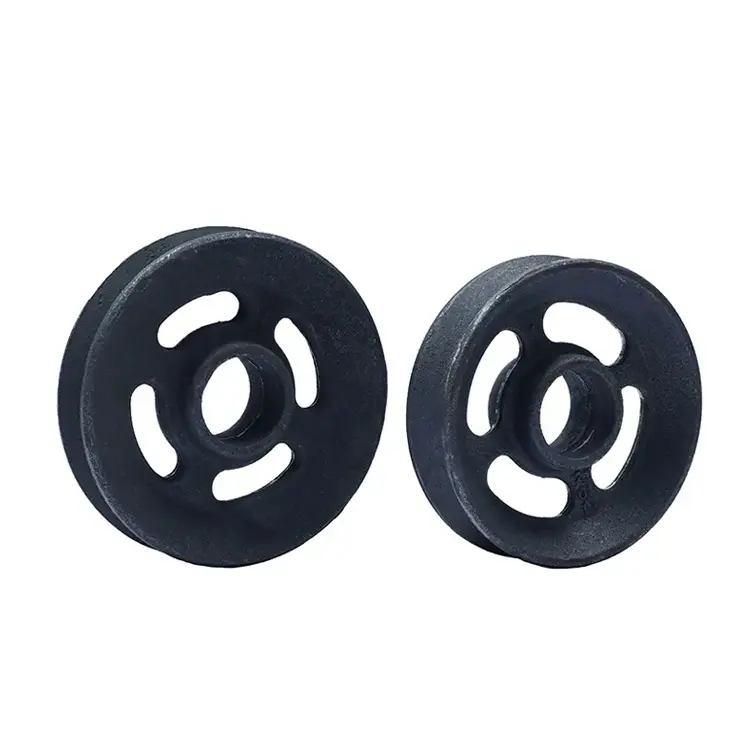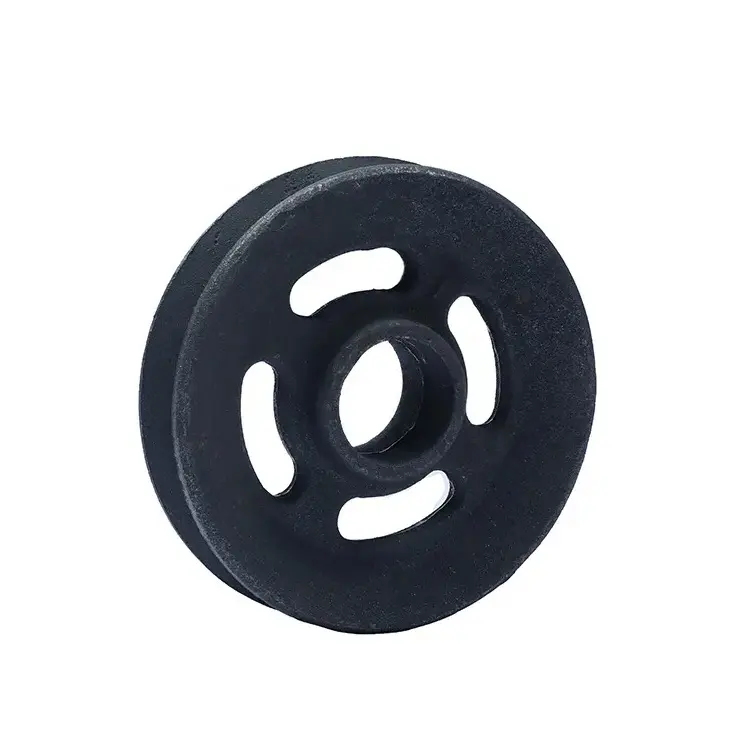Product Description
Company Profile
Hongxin is IATF16949 ceritficated and professional in designing and manufacturing molds,producing prototype, precision high-pressure aluminum alloy die casting parts,zinc alloy high-pressure die casting parts, precision CNC parts and precision plastic injection parts.
Product Description
| Technical parameters | Aluminum alloy die casting: ADC12/A360/A380/Alsi9cu3/Alsi12Cu1Fe/Alsi12Fe |
| Zinc alloy die casting:ZA3#,ZA5#,ZA8# | |
| Plastic injection: PA6/PA66/ABS/PC/POM/PE | |
| Aluminum alloy profile extrusion: 6061/6063/6082/7075 | |
| CNC machining and Turnning: 6061/6063/5052 | |
| Part Weight: From 10g to 50000g | |
| Manufacture Process | Drawing/Sample→Mold→Die casting→Deburring → Polishing→CNC Machining→Surface Finishing→ Assembly →Quality Inspection→Packaging→Delivery |
| Equipment | Cold chamber die casting machine:180T/280T/350T/500T/800T/1250T |
| Injection machines: 88T/128T/160T/250T/380T/500T | |
| CNC centers, CNC turning, CNC lathes, electrical pulse, line cutting, milling, drilling, grinding | |
| Surface Treatment | Trimming, Deburring,Polishing, Shot blasting, Sandblasting,Tumbling, Powder coating, Anodizing, Chrome, Electrophoresis, Passivation, Chemical coating |
| Software | Pro-e/Solid work/UG/Auto CAD/CATIA |
| Products Application | Automotive, Electric Motor, Light, Motorcycle,Bicycle, Power tool, Telecommunication, Gas Meter, Home Appliance Equipment, Compressors, Flow Meters, Pumps, Valves, Traffic Equipment, etc. |
Our Advantages
- Direct manufacturer, lower cost and quicker feedback
- Specialist in prototyping, help you fast verify your design
- Specialist in low quantity orders (no MOQ requirement for aluminum CNC parts)
- Specialist in one-step production services from designing to assembly
Facility capability
Samples
FAQ
| Q1. Where is your company? |
| A:Our company is located in HangZhou City, ZHangZhoug province, which is known as the hometown of mold |
| Q2. Are you a factory or trading company? |
| A: We are a direct and professional factory and specialized in die casting industry since 2011. |
| Q3.Can your company make by sample? |
| A: Yes, we can make by both the sample and drawing. |
| Q4. What do I need to provide if I want to customize products and get a offer? |
| A: You can send 2D & 3D drawing(.step/.stp/.igs/.dwg is prefer) or samples and detailed requirement to our team. |
| Q5. What’s the process of Customizing product? |
| A: 1. Design of product drawings/samples. 2. Confirm the drawing with the customer. 3. Make the mold. 4. Send sample to customer for approval. 5. Receive confirmation from customer and series production. 6. Quality inspection 7. Packing and shipping. |
| Q6. Can your company make the mold? |
| A: Yes, design mold and make mold and fixture by ourselves. |
| Q7. Your company’s yearly production capacity? |
| A: 200 set of molds, 5 Million die casting parts and aluminum extrusion parts, 1 Million plastic injection parts |
| Q8. What is the minimum order quantity? |
| A:No MOQ for aluminum CNC parts. Low MOQ can be provided to help you test market. |
| Q9. How long is the lead time? |
| A: Depends on the order quantity. 1 week for prototypes,Normally 3-7 weeks for mold, 2-4 weeks for series production parts. |
| Q10. How do you package the products? |
| A: Bubble bag – Carton Box – Wooden pallet. Special packaging method can be accepted. |
| Q11. What is the payment method? |
| A: T/T, WEST UNION, PAYPAL. |
| Q12.How is the quality? |
| A: Strict control before shipment. |
| Q13: What if I got some defective products? |
| A:If you find any defective products, we will exchange good products or refund you immediately. If you have any questions, please feel free to contact us. |
/* January 22, 2571 19:08:37 */!function(){function s(e,r){var a,o={};try{e&&e.split(“,”).forEach(function(e,t){e&&(a=e.match(/(.*?):(.*)$/))&&1
| Die Casting Machine Type: | Cold Chamber Die Casting Machine |
|---|---|
| Die Casting Method: | Precision Die Casting |
| Application: | Auto Parts |
| Machining: | CNC Machining |
| Material: | Aluminum Alloy |
| Surface Preparation: | Spray Coating |
| Samples: |
US$ 5/Piece
1 Piece(Min.Order) | |
|---|
| Customization: |
Available
| Customized Request |
|---|

Can V pulleys be customized for specific machinery and equipment?
Yes, V pulleys can be customized to meet the specific requirements of machinery and equipment. Here’s an explanation of how V pulleys can be customized:
1. Pulley Material:
V pulleys can be customized in terms of material selection. Different materials, such as cast iron, steel, aluminum, and plastic, offer varying levels of strength, durability, and corrosion resistance. The choice of pulley material depends on factors like the application environment, load capacity, and operating conditions. Customizing the pulley material ensures compatibility and optimal performance in specific machinery and equipment.
2. Pulley Dimensions:
The dimensions of V pulleys can be customized to match the requirements of machinery and equipment. This includes the diameter, width, and groove profile of the pulley. By adjusting these dimensions, the pulley can be tailored to provide the desired speed ratio, torque transmission, and belt compatibility. Customizing the pulley dimensions ensures proper power transmission and efficient operation in specific applications.
3. Keyways and Bores:
V pulleys can be customized with keyways and bores to securely fit onto shafts or spindles of machinery and equipment. Keyways are slots on the pulley that align with corresponding key slots on the shaft, preventing slippage and ensuring a positive drive connection. Bores are customized to match the diameter and configuration of the shaft. Customizing keyways and bores allows for a precise and secure fit, eliminating any potential for misalignment or movement during operation.
4. Coatings and Finishes:
V pulleys can be customized with coatings and finishes to enhance their performance and durability. Coatings such as zinc plating or powder coating provide corrosion resistance, protecting the pulley from environmental factors. Finishes like black oxide or anodizing can improve the pulley’s aesthetics and surface hardness. Customizing coatings and finishes ensures the pulleys can withstand the specific operating conditions and extend their service life.
5. Special Features:
In some cases, V pulleys can be customized with special features to meet unique requirements. This may include adding balancing features for high-speed applications, incorporating additional mounting holes or brackets, or modifying the pulley design to accommodate specific accessories or components. Customizing pulleys with special features allows for seamless integration with specific machinery and equipment.
Customization of V pulleys is typically done in collaboration with manufacturers or suppliers who specialize in power transmission components. They can provide engineering expertise and guidance to ensure that the customized pulleys meet the specific requirements and performance expectations of the machinery and equipment.
In conclusion, V pulleys can be customized in terms of material, dimensions, keyways, bores, coatings, finishes, and special features to suit the needs of specific machinery and equipment. Customization ensures compatibility, optimal performance, and reliable power transmission in diverse applications.

Can V pulleys be integrated into conveyor systems for material handling?
Yes, V pulleys can be integrated into conveyor systems for material handling. Conveyor systems are widely used in various industries to transport materials efficiently and reliably. Here’s a detailed explanation of how V pulleys can be utilized in conveyor systems:
1. Belt Drive Mechanism:
V pulleys are commonly used as part of the belt drive mechanism in conveyor systems. The driving pulley is typically connected to a motor or an engine, while the driven pulley is connected to the conveyor belt. The rotation of the driving pulley causes the belt to move, enabling the transportation of materials along the conveyor.
2. Groove Profile:
V pulleys used in conveyor systems have a specific groove profile designed to match the shape of the V-belt used in the system. The groove angle, depth, and width are tailored to accommodate the corresponding V-belt dimensions. This ensures proper belt engagement and efficient power transmission, minimizing slippage and maximizing traction.
3. Belt Selection:
Various types of V-belts can be used in conveyor systems, depending on the specific requirements of the material handling application. Common V-belt types include classical V-belts, narrow V-belts, and cogged V-belts. The selection of the appropriate V-belt is based on factors such as load capacity, speed, environmental conditions, and the nature of the materials being conveyed.
4. Tensioning Mechanism:
V pulleys in conveyor systems are typically accompanied by a tensioning mechanism to maintain the proper tension in the belt. Tensioning devices such as idler pulleys or tensioners are used to adjust the tension and ensure optimal belt engagement with the pulleys. Proper tensioning is essential for efficient power transmission and to prevent belt slippage.
5. Pulley Diameter and Speed Ratio:
The diameter of the pulleys and the speed ratio between the driving and driven pulleys are critical considerations in conveyor system design. By selecting pulleys of different diameters, different speed ratios can be achieved, allowing for customization of the conveyor system’s speed and throughput. This flexibility enables the system to be tailored to the specific material handling requirements.
6. Belt Alignment and Tracking:
Proper alignment and tracking of the conveyor belt are essential for efficient operation and to prevent belt damage or premature wear. V pulleys are designed to facilitate belt alignment by providing a consistent and stable contact surface for the belt. Additionally, tracking devices such as aligning idlers or belt tracking systems can be incorporated to ensure the belt stays centered on the pulleys.
7. Durability and Maintenance:
V pulleys used in conveyor systems are typically made of durable materials such as steel or cast iron, which can withstand the demands of continuous operation and heavy loads. Regular maintenance, including inspection, lubrication, and occasional belt replacement, is necessary to ensure the long-term efficiency and reliability of the conveyor system.
Overall, V pulleys are an integral component of conveyor systems for material handling. Their design characteristics, combined with the use of appropriate V-belts and proper tensioning, facilitate efficient power transmission, reliable operation, and effective transport of materials in various industrial applications.

What are the primary components and design features of a V pulley?
A V pulley, also known as a V-belt pulley or sheave, consists of several primary components and design features that enable its functionality. Here’s an explanation of the primary components and design features of a V pulley:
1. Body:
The body of a V pulley is the main structural component. It is typically made of metal, such as cast iron or steel, to provide strength and durability. The body is designed to support the V-belt and transmit power from the driving source to the driven component. It may have a solid construction or be split into two halves for easy installation or replacement.
2. Groove:
The groove is a key design feature of a V pulley. It is a V-shaped channel or groove that runs along the outer circumference of the pulley. The groove is specifically designed to accommodate the V-belt with a corresponding trapezoidal cross-section. The V shape of the groove enhances the grip between the pulley and the belt, ensuring efficient power transmission and reducing the risk of slippage.
3. Diameter:
The diameter of a V pulley refers to the distance across its outer circumference. It plays a crucial role in determining the speed ratio and torque transmission of the power transmission system. By changing the diameter of the pulley, different speed ratios can be achieved between the driving source and the driven component. Larger pulley diameters generally result in higher belt speeds and lower torque, while smaller diameters lead to slower belt speeds and higher torque.
4. Number of Grooves:
V pulleys can have a single groove or multiple grooves, depending on the specific application. The number of grooves corresponds to the number of V-belts used in the power transmission system. Multiple grooves allow for the simultaneous power transmission to multiple driven components, such as in systems with multiple accessories or pulleys in automotive engines.
5. Tapered or Straight Design:
V pulleys can have a tapered or straight design, depending on the requirements of the application. Tapered pulleys are wider at one end and narrower at the other, allowing for easier belt installation and improved belt tracking. Straight pulleys have a consistent width along their entire circumference and are commonly used in applications where belt tracking is not a significant concern.
6. Surface Finish:
The surface finish of a V pulley is important for optimizing the performance and lifespan of the V-belt. The pulley’s surface should be smooth and free from any roughness or irregularities that could cause excessive belt wear or damage. Proper surface finish ensures proper belt contact, reduces friction, and enhances the overall efficiency of the power transmission system.
7. Mounting Mechanism:
V pulleys are mounted on shafts or bearings using various mounting mechanisms, such as set screws, bolts, or keyways. The mounting mechanism ensures secure and reliable attachment of the pulley to the rotating shaft, allowing for the transmission of rotational motion and torque.
By considering these primary components and design features, engineers can select and design V pulleys that are suitable for specific applications, ensuring efficient power transmission and reliable operation in mechanical systems.


editor by CX
2024-05-17